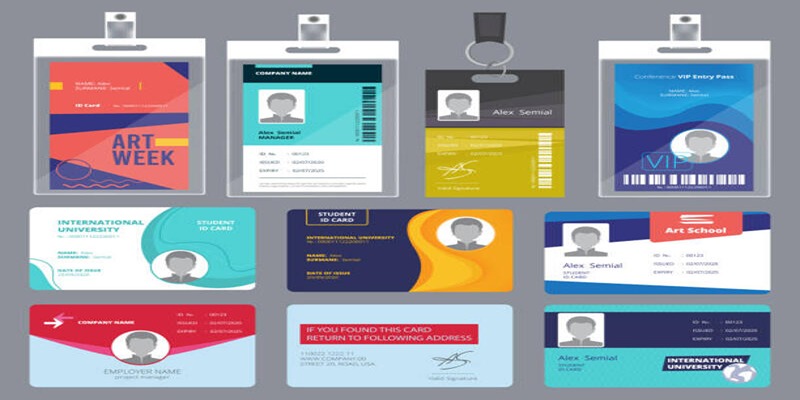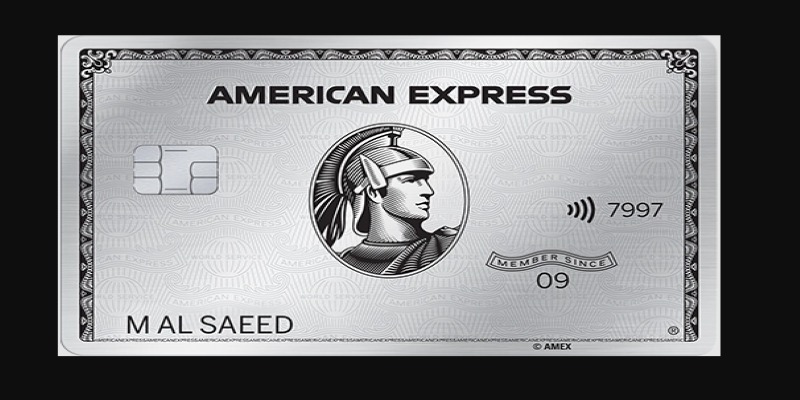The Foreign Credit Insurance Association (FCIA) plays a pivotal role in facilitating international trade by offering exporters insurance protection against the risk of non-payment by foreign buyers. This comprehensive guide aims to dissect and explain the functionalities, offerings, and the critical importance of FCIA in bolstering the confidence of businesses venturing into the sometimes uncertain waters of international commerce. By protecting against commercial risks and political instability, the FCIA ensures that companies can extend their global reach without the looming fear of financial loss. This guide will serve as an essential resource for exporters, financial professionals, and policymakers, providing insights into how the FCIA can be leveraged to support and sustain global trade operations, thus fostering international economic alliances and growth.
What is the Foreign Credit Insurance Association (FCIA)?
The Foreign Credit Insurance Association (FCIA) is a non-profit association that was established in 1933 with the aim of promoting and facilitating international trade. It consists of various private insurance companies that offer credit insurance services to exporters, importers, and financial institutions around the world. The FCIA acts as a platform for its members to collaborate, share best practices, and provide a unified voice in advocating for policies that support international trade. The FCIA provides credit insurance services to mitigate the risk of non-payment by foreign buyers. This can occur due to various reasons such as economic instability, political unrest, or commercial disputes.
By providing insurance coverage, the FCIA helps exporters minimize the impact of these risks and maintain a stable cash flow while engaging in global trade. The association also offers a range of other services such as market intelligence, risk assessment, and policy advocacy to support its members in their international trade operations.
Historical Background of FCIA: From the Great Depression to Present
The FCIA was formed in 1933 as a response to the economic turmoil caused by the Great Depression. During this time, there was a significant decline in international trade due to increased risk and uncertainty. To address these challenges and promote global commerce, the FCIA was created with support from the U.S. government. In its early years, the association focused on providing export credit insurance to U.S. exporters. However, as global trade expanded, the FCIA's scope and services also evolved to cater to the needs of an increasingly interconnected world economy. Today, with over 50 member companies from different countries, the FCIA continues to play a crucial role in facilitating international trade.
Services Offered by FCIA: Credit Insurance and Beyond

The primary service offered by the FCIA is export credit insurance. This involves providing coverage for non-payment of goods or services by foreign buyers. In addition to this, the association also offers risk assessment and market intelligence services to its members. Through these services, exporters can make informed decisions about which markets to enter, what products to offer, and how to mitigate potential risks.
The FCIA also serves as a platform for members to share information and best practices, fostering collaboration and knowledge exchange within the international trade community. Furthermore, the association plays a significant role in advocating for policies that support free and fair global trade.
Short-Term Credit Insurance Solutions:
Short-term credit insurance is designed to protect exporters against commercial risks, such as bankruptcy, insolvency, or protracted default by a foreign buyer. In the event of non-payment, the FCIA provides coverage for up to 90% of the insured loss. This allows exporters to focus on their core business operations without worrying about potential financial losses. Additionally, the FCIA offers tailored solutions to meet the specific needs of exporters based on their industry, products, and target markets.
Medium and Long-Term Credit Insurance Options:
The FCIA also offers insurance coverage for political risks such as civil unrest, or government interference. This type of credit insurance is essential for exporters operating in politically unstable regions or engaging in large and long-term contracts. By providing insurance protection against these risks, the association helps exporters maintain a stable cash flow and avoid potential financial losses due to unforeseen political events.
Eligibility and Application Process: How to Become a Member of FCIA
To become a member of the FCIA, companies must meet certain eligibility criteria set by the association. These include having a proven track record in providing credit insurance services and meeting financial stability requirements. Once eligible, companies can apply for membership by submitting an application and undergoing a review process by the FCIA's Board of Directors. Upon approval, members are required to adhere to the association's code of ethics and contribute towards its mission of promoting and facilitating international trade.
Application Process for FCIA: A Guide for Companies
- Determine eligibility: Before applying for membership, companies should review the FCIA's eligibility criteria and assess if they meet the requirements.
- Submit an application: Eligible companies can submit an application form to the association's secretariat, along with all required documents.
- Undergo a review process: The FCIA's Board of Directors will review the application and assess the company's financial stability and track record in providing credit insurance services.
- Approval: If the application is approved, the company will be notified and provided with a membership agreement to sign.
- Adherence to code of ethics: Upon becoming a member, companies are expected to adhere to the FCIA's code of ethics, which includes promoting fair and ethical business practices in international trade.
- Contribution: Members are required to pay an annual membership fee and may be asked to contribute towards the association's activities, such as participating in committees or events.
Comparison with Other Export Credit Agencies: What Sets FCIA Apart

While there are other export credit agencies (ECAs) around the world, the FCIA distinguishes itself in several ways:
- Global reach: With members from different countries and a worldwide network of partners, the FCIA offers its services on a global scale.
- Tailored solutions: The FCIA's solutions are tailored to meet the specific needs of its members, considering their industry, products, and target markets.
- Collaboration and knowledge exchange: The association fosters collaboration and knowledge sharing among its members to promote best practices in international trade.
- Advocating for fair trade policies: In addition to providing insurance services, the FCIA also advocates for policies that support free and fair global trade, creating a more favorable environment for exporters.
Conclusion:
In today's globalized economy, credit insurance plays a crucial role in mitigating risks and promoting international trade. The FCIA's services support exporters by providing protection against commercial and political risks, as well as facilitating knowledge sharing and advocating for fair trade policies. By becoming a member of the association, companies can benefit from tailored solutions and collaborate with a diverse network of international trade professionals, helping them expand their business globally while minimizing potential financial losses.




